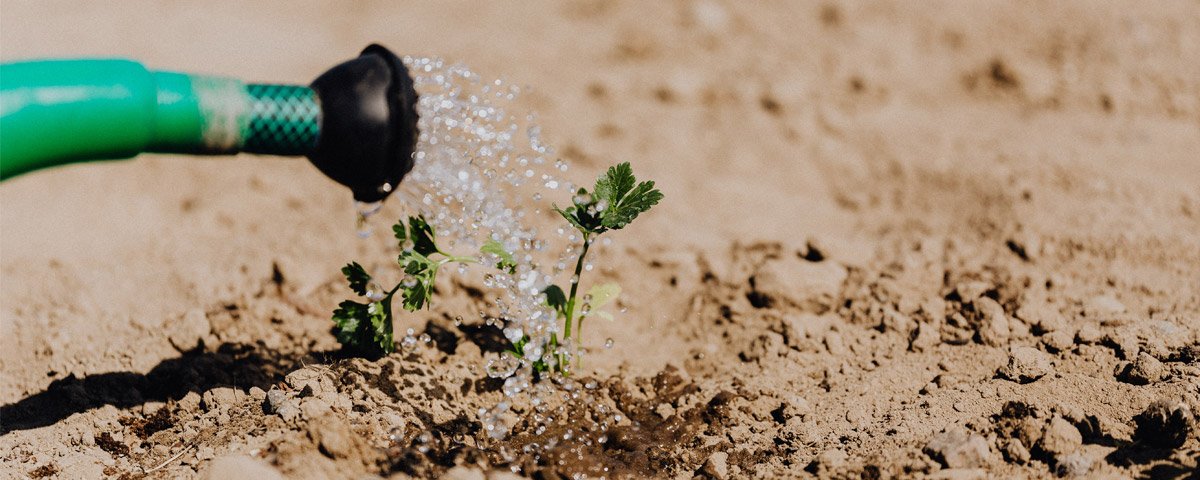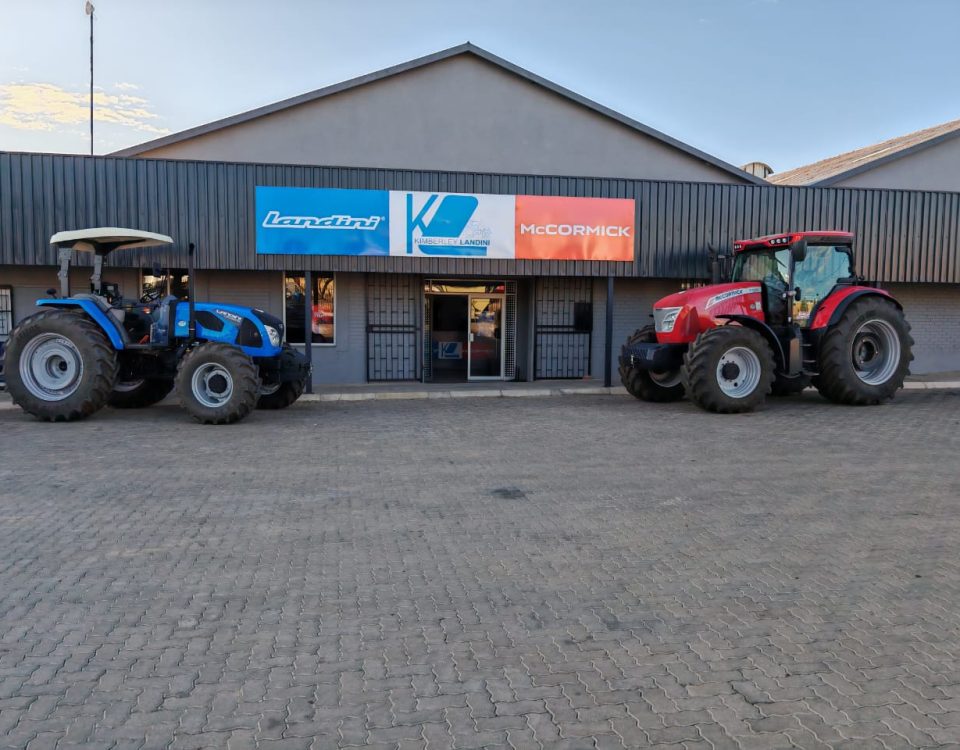Water resources: why they are fundamental for the future of agriculture

Phenomena such as waves of drought and rising temperatures will become increasingly frequent in the coming years due to climate change. In different areas of the world they are already a current reality and make it increasingly challenging to engage in agricultural activities at the levels of the past. Moreover, phenomena such as population growth, urbanisation and pollution do not make the situation any easier.
In this panorama, water resources become a particularly precious commodity, to be exploited carefully and more and more efficiently in order to satisfy all the uses that are made of them. Water is in fact necessary for alimentary uses, but also for industry, tourism and agriculture. Agriculture in Europe is the sector that uses the most water resources, accounting for about 40% of the resources used each year (as detailed in this article on the use of European water resources).
With the ever-increasing demand for water, it is necessary to find solutions to meet the needs of people, the economy and nature. In some regions, especially during the summer months, there is not enough water to meet the demand of everyone. This is why organisations such as the European Union encourage a range of actions for the careful and sustainable use of water resources. Let us look at this in greater detail.
How agriculture affects the use of water resources
The European Environment Agency estimates that approximately one third of Europe’s territory is exposed to water stress conditions, which can become particularly severe during the summer. The greatest risk concerns the Mediterranean countries, but the problem of water scarcity is beginning to affect some regions of Great Britain and Germany.
Despite significant improvements in the efficiency of water use in recent years, agriculture continues to be primarily responsible for water use. In spring, the incidence rate of this sector can reach up to 60% of European water consumption, due to the large amount of water needed to support fruit and vegetable production. For this reason, it is expected that the cost of irrigation could increase in the coming years, especially if the forecast of reduced rainfall due to climate change should become a reality.
Not to be underestimated is the fact that during the summer months another key sector such as tourism competes with agriculture for water demand. Every year tens of millions of people visit tourist resorts across Europe, accounting for about 9% of annual water consumption. The situation is likely to become problematic especially in southern Europe and in tourist resorts that include small Mediterranean islands where water demand increases exponentially during the summer.
Strategies to improve water use in agriculture
To tackle the problem, it is necessary to promote a more efficient use of water resources. Many actions can be taken, let us have a look at some of them:
- Dryland farming is the set of techniques that allow agriculture in situations where there are minimal rainfall and no irrigation. In areas with a hot-arid climate, a variety of crops are rotated that can make the most of water from rain and irrigation, thanks to expanded roots capable of obtaining water from deeper layers. Preference is given to plants that carry out their cycle mainly in autumn or spring, so that they can make more use of the natural rains. In addition, tillage on the ground favours the accumulation of water in the soil while reducing the risk of losses due to evaporation and run-off.
- Establishing training programmes to familiarise farmers with the most efficient water use practices. For example, on the island of Crete, water savings of about 10% have been achieved through a telephone advice service for farmers on how and where to use water based on daily estimates of crop conditions.
Reuse waste water for agricultural purposes. This is what happens in some very arid regions with scarce water resources. It is a process that re-circulates waste water that has been properly treated to reduce the impact on other resources. This strategy was successfully adopted in Cyprus, where water recycling had an impact on 28% of water consumption in agriculture in 2008.
There are many strategies to improve the efficiency with which we use water resources and it can often be useful to use more than one. The European Union encourages a more sustainable use of water through the Water Framework Directive, to address the challenges agriculture will face in the coming years.
At Landini we stand side-by-side with those who love the land and face new challenges in agriculture, with reliable, easy-to-use and state-of-the-art tractors.
Contact our dealers to find the tractor that best meets your needs.



